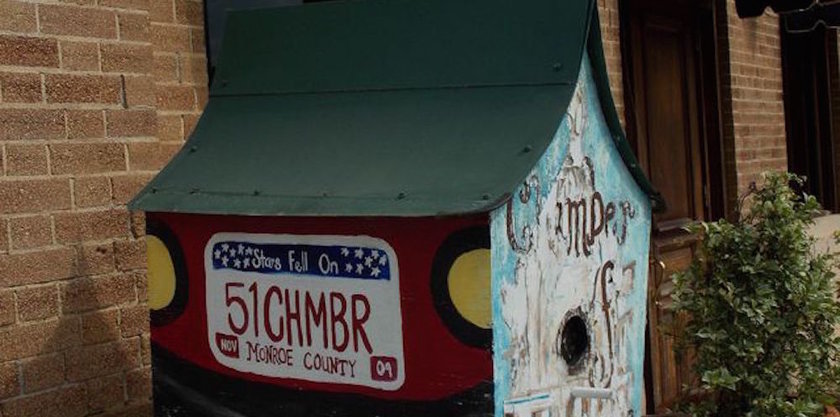
GADSDEN, Ala. — Five hospitals in Alabama stand accused of price gouging, or charging patients more than 10 times the cost of care allowed by Medicare providers.
Gadsden Regional Medical Center, Riverview Regional Medical Center, Brookwood Medical Center, Decatur Morgan Hospital, and Stringfellow Memorial Hospital were all listed in the report first published by the Washington Post, citing a study by Health Affairs.
Gadsden Regional Medical Center ranked highest among Alabama’s four hospitals on the list, with an average markup of a jaw-dropping 1,190 percent. Brookwood Medical Center’s average was 1,030 percent, Riverview Regional Medical center’s was 1000 percent, Decatur Morgan Hospital’s was 980 percent, and Stringfellow Memorial Hospitals was 950 percent.
UPDATE: Yellowhammer learned Wednesday morning that, though the figures for Decatur Morgan Hospital are correct for the years investigated, it was bought by the not-for-profit Huntsville Hospital system in early 2014, which has reduced prices by 58 percent.
Of the 50 hospitals on the list, 20 of them are in Florida alone, and 25 of them (including Gadsden Regional Medical Center, Riverview Regional Medical Center, and Stringfellow Memorial Hospital) are owned by one company—Community Health Systems (CHS), which has 199 affiliates in 29 states.
“These are the hospitals that have the highest markup of all 5,000 hospitals in the United States,” said Gerard Anderson, a professor at the Johns Hopkins Bloomberg School of Public Health and co-author of the study in Health Affairs. “This means when it costs the hospital $100, they are going to charge you, on average, $1,000.”
Researchers say the average US hospital charges around 3.4 times the cost of care.
There are many reasons hospitals have taken this strategy, including a lack of market competition for healthcare and the low reimbursement rate for Medicare and Medicaid patients.
Patients rarely pay what the hospital charges, administrators at CHS told the Washington Post. Between discounts to uninsured patients and pro-bono care for some eligible patients, those who cannot afford the exorbitant costs are often not required to pay it.
Similarly, when a patient with insurance receives care, the private insurance company pays only according to the rates worked out between the healthcare and insurance providers, although there seems to be anecdotal evidence of hospitals attempting to collect the difference from patients, as well.
Someone who had to visit an out-of-network hospital, however, would likely be stuck with the full bill.
The report also mentions the difficulty in finding out how much a medical procedure will cost and negotiating payment ahead of time.
Anderson has a blunt answer for why hospitals are charging so much more than the actual cost of care: “They are price-gouging because they can,” he told the Washington Post. “They are marking up the prices because no one is telling them they can’t.”
Requests for comment from the Alabama hospitals on the list were not returned by press time.
Like this article? Hate it? Follow me and let me know how you feel on Twitter!
— Elizabeth BeShears (@LizEBeesh) January 21, 2015








